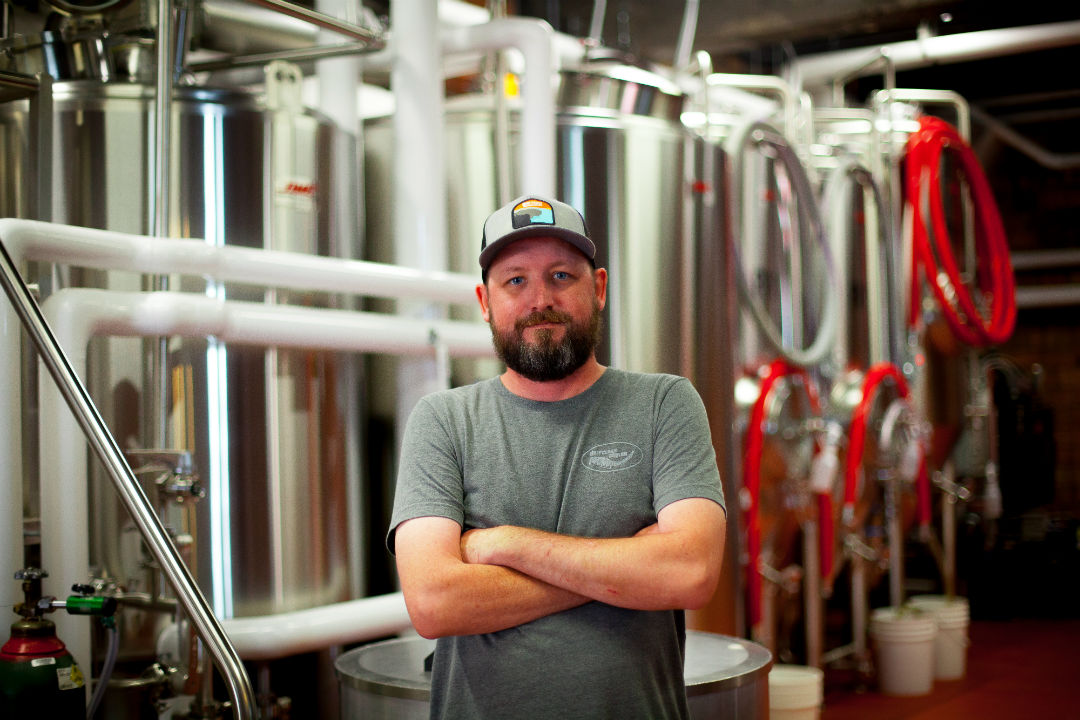
This is a part of a continuing series of Q&As with brewers from across the U.S.
Brewer Magazine will share business and personal insights from Brewmasters, Head Brewers, Brewing Managers and others each weekend to help you, a fellow brewer, Brewmaster or brewing manager get to know each other better in the industry and learn more to better develop your own brand.
Charlie Brodell, Head Brewer, Bent Paddle Brewing — Duluth, Minnesota
BREWER: What is a lesson learned within your position that sticks with you to this day?
BRODELL: Being patient. I’ve never been a very patient person, but this position requires me to be. Whether it’s a hiccup in a part of the process, with equipment or a delay in the shipping of raw materials, you need to realize that you can only control so many things. Things you can’t control just need to be reacted to in a positive and coherent manner. This position that I am in has helped me a tremendous amount outside of work too.
BREWER: Who is your mentor in the industry and why? What have you learned from them?
BRODELL: I have several mentors in the brewing industry. Matt Long at Big Sky Brewing Company, my first boss. John Mallett and Andy Farrell at Bell’s. Jared Jankoski at Goose Island and Ryan Schmiege at Deschutes. However, the one that sticks with me the most is Derek Stepanski. Derek and I have worked together at two different breweries. I first met Derek at Big Sky Brewing Company in Missoula, Montana (in 2005). He was fresh out of UC-Davis and working in the lab at Big Sky. I was new to the brewing industry and working in the cellar. I had no clue what I was doing but Derek took me under his wing and taught me the importance of cleaning and sanitation. He taught me about fermentation, barrel aging, brewing, cellaring, quality, Belgian beers and sours. He opened my eyes to everything, he is an encyclopedia when it comes to beer. We became very close friends and then Derek left to go to Schlafly in St. Louis. Then in 2014, Derek and I reunited, working at Bell’s. I was a Senior Brewer there and he took over as the Quality Manager. I owe a lot to him because without him, I don’t know if I would have hung in there.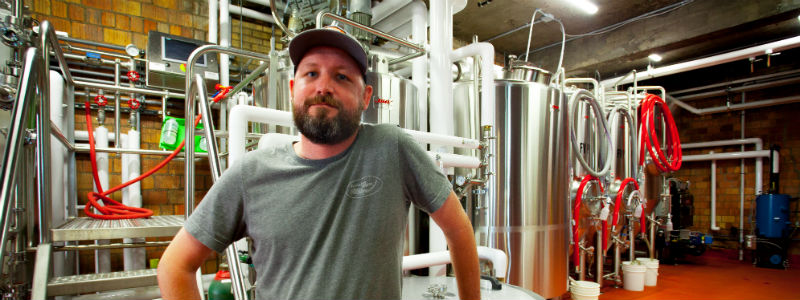
BREWER: What have you added to your brewery lately that’s unique or making your business more successful?
BRODELL: I think the biggest thing I’ve contributed is streamlining our infusion program. When I first came to Bent Paddle, the program was basically a keg or two of a lot of distinctive styles of infusions. Very labor intensive and expensive as well. It didn’t make sense to me since we are a production brewery. We still do one-offs here and there, but we’ve scaled up the infusion program to doing several 120-bbl batches of infusions that we know are home runs.
BREWER: In today’s business climate for craft beer, how will your brewery grow?
BRODELL: We’re growing the experimental side of things. We recently installed a 7-bbl pilot system at our new taproom. Neil Caron runs the show there. Neil is an incredible brewer. He gets to do about whatever he wants. He’s pumping out Kettle Sours and Experimental IPAs that are killer. I can’t wait for us to start barrel aging over there as well. The possibilities are endless with such a talented brewer captaining that ship.
BREWER: What sort of innovations in craft beer excite you?
BRODELL: I’m really excited about the availability of fruit products from companies like Oregon Fruit Products. Scaling up our infusion program made us look at more sustainable and efficient ways to create these beers. Aseptic purees are the answer. It’s cut down on labor and provided us with a much more consistent final product.
BREWER: If you had one strategy that you could implement to better the craft beer business, what would it be?
BRODELL: The craft beer business is competitive these days. Innovation is a term that gets used a lot. Everyone wants their piece of every pie. I’m not saying growth and following trends are not important, but I’d like to see a greater focus on regional growth within existing markets. We’re committed to having our unpasteurized craft beer kept and delivered cold at all times to ensure quality – which can lead to lost sales but is better for the beer – we call it our “Commitment to Cold” and we now put it on all of our packaging. Knowing your geographical footprint allows us to have better control of the product that we want in our consumer’s hands.
Photo credit: Maxwell McGruder, Bent Paddle Brewing



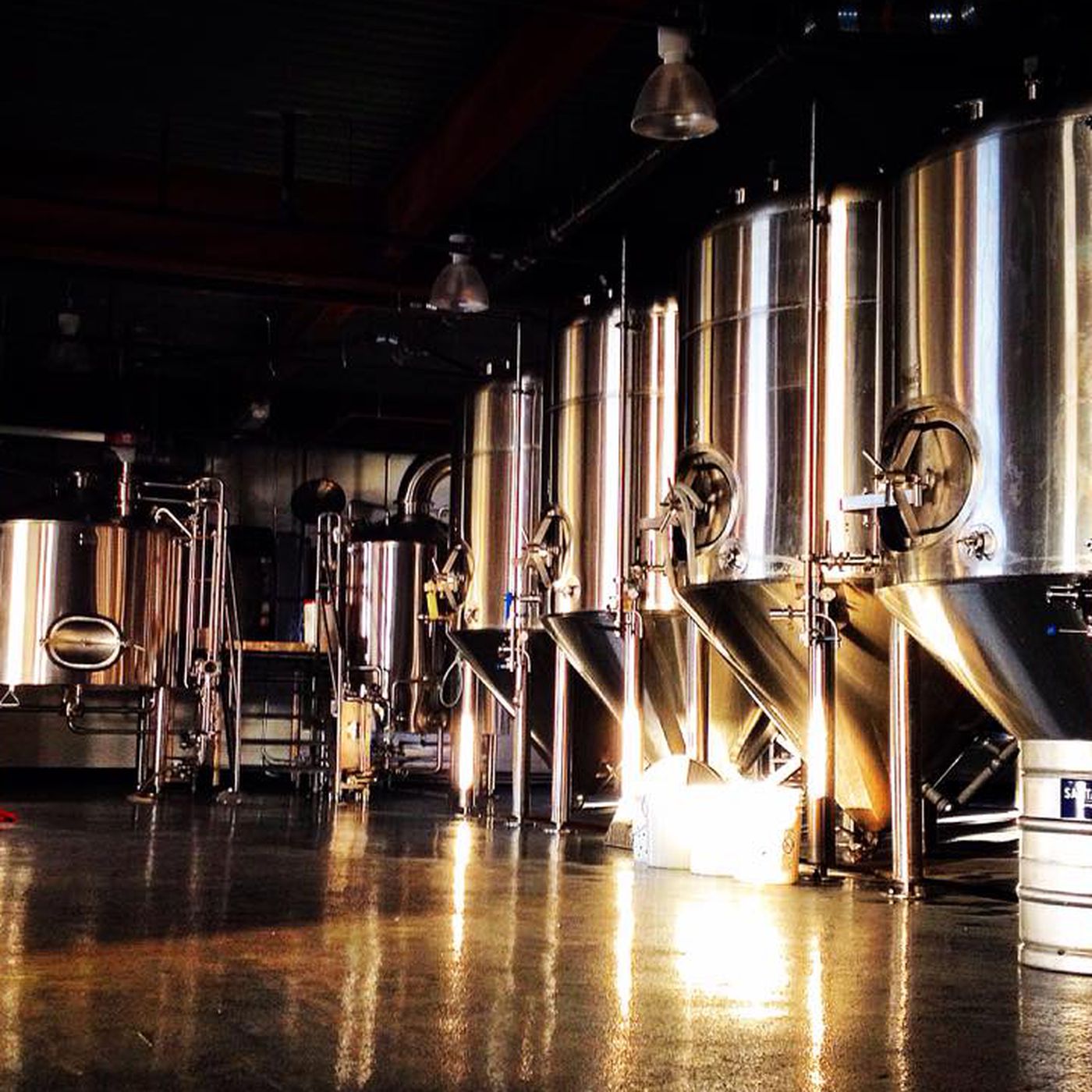
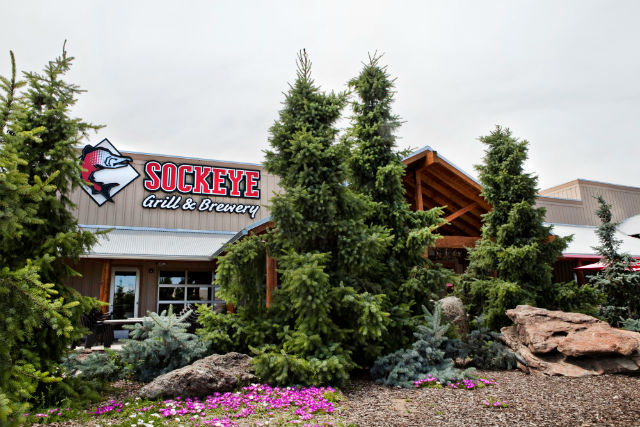
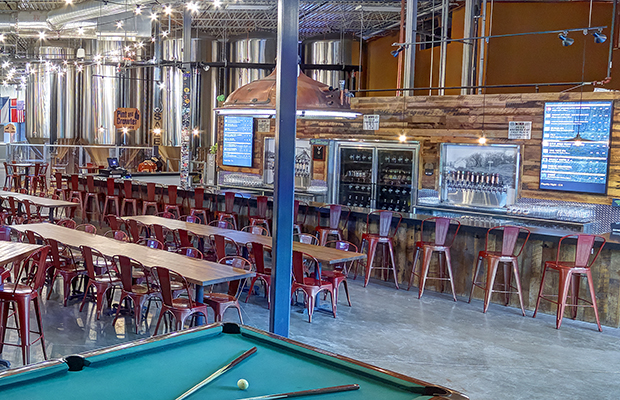
Be the first to comment